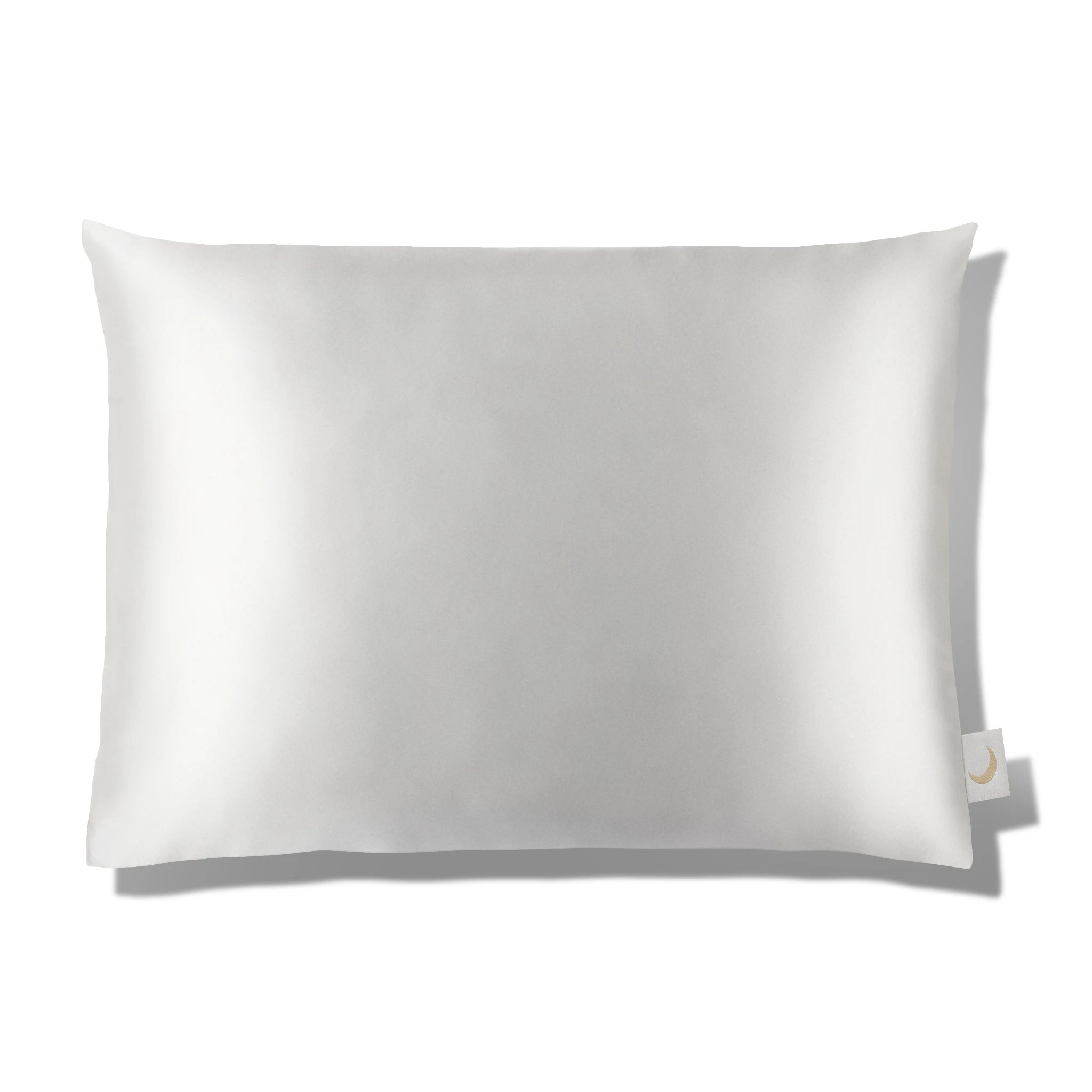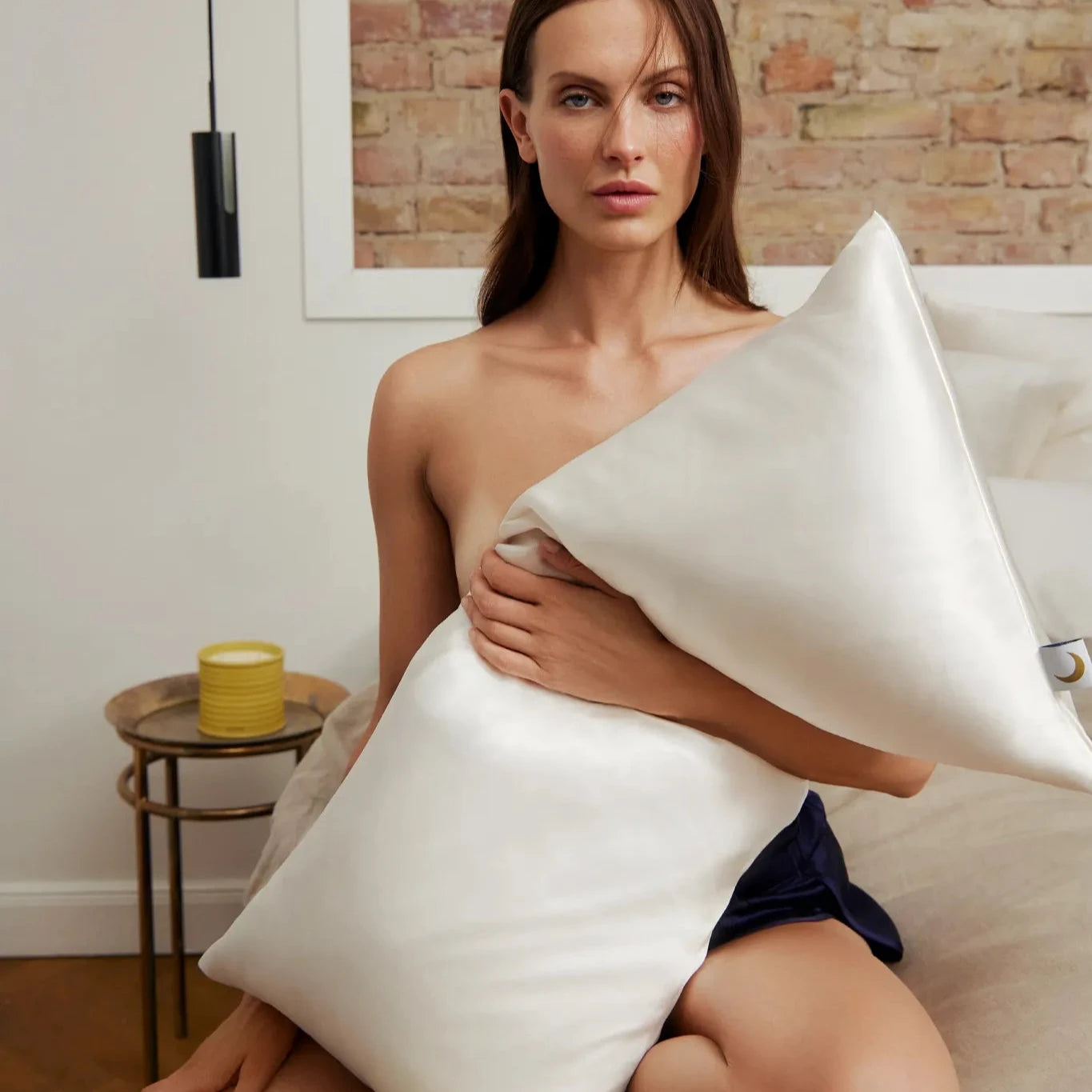Update July 2025: Whereas the Green Claims Directive was withdrawn in June 2025, the EmpCo Directive is part of the European Union's efforts to combat greenwashing and promote accurate, transparent environmental communication. It proposes minimum requirements for the substantiation, communication and verification of explicit environmental claims. Read on to see which two main objectives it follows.
1. Green Claims
Why we could benefit from green claim regulation
EU studies have shown that 53% of green claims were vague, misleading or unsubstantiated. Forty percent of green claims were not supported by evidence [1].
How the EU legislation may help
The main objective is to reduce misleading marketing practices and false environmental claims (greenwashing). Companies will be required to substantiate all green claims with clear, credible and scientifically based information, making it easier for consumers to make informed choices about the sustainability of products [2].
Substantiated claims: Companies must provide reliable scientific evidence to support their environmental claims. This includes conducting Life Cycle Assessments (LCAs), which examine the environmental impacts of a product throughout its life cycle, from production to disposal.
Vague or generic claims such as "carbon neutral," "environmentally friendly," or "100% recycled" must be supported by data and methodologies validated by independent third-party assessments. Each claim must be specific, relevant and substantiated to ensure that it reflects real environmental benefits.
Comparative environmental claims, such as that a product is "better for the environment" than a competitor's product, must provide clear, evidence-based comparisons based on widely accepted methodologies.
2. Environmental Certifications
Sustainability is only followed if the environmental aspects, animal welfare and human welfare are taken into account along the entire value chain.
How the EU legislation may help
The legislation also seeks to regulate environmental labels and certifications. Only approved and verified labels that meet certain criteria will be allowed, to prevent companies from creating false or misleading labels to suggest a higher level of sustainability. There will be standardized labels across the EU to ensure that consumers are not confused by multiple, inconsistent environmental logos or claims. They will be subject to independent verification by accredited bodies to ensure they are accurate and based on sound evidence.
Do we really need more regulation for green claims?
Unless large parts of the textile industry do not follow voluntary self-regulation, conventional industrial practices may result in further regulations by the legislature. To avert this alone, the textile industry should make a voluntary commitment. Legislation runs counter to the production conditions of a rapidly changing global textile industry.
Around 40,000 to 60,000 industrial chemicals are used commercially worldwide. Only 33 of these are banned in textiles in the EU [3].
The EU green claims legislation will apply to all companies operating in the EU market, whether based inside or outside the EU, as long as they sell products or services in the EU. This will have a global impact.
Who would benefit of the Green Claims Directive?
The EU Green Claims Legislation is a step towards eliminating greenwashing and promoting true sustainability. By enforcing transparency, scientific verification and standardization, the EU aims to ensure that consumers can trust the environmental claims they see and that companies are motivated to adopt more sustainable practices.
Companies will be forced to rethink their sustainability strategies and ensure that they can substantiate their environmental claims. Consumers will benefit by having access to reliable information about the environmental impact of the products they buy, enabling them to make more informed choices.
The facts:
- According to a 2020, EU study, 80% of the examined companies used green claims in their communications.
- In contrast, in 2014, only 71% of the surveyed companies employed such green claims.
What's the EmpCo Directive?
The EmpCo Directive (Directive on Empowering Consumers for the Green Transition) aims to protect consumers from misleading environmental claims (greenwashing) by setting strict rules for businesses making sustainability-related claims.
Purpose: Prevents unfair commercial practices by regulating environmental and social claims in advertising.
Key Provisions of the EmpCo Directive:
- Bans unverified sustainability labels (must be backed by certified schemes or public authorities).
- Prohibits vague or generic environmental claims (e.g., “eco-friendly”) unless supported by recognized excellent environmental performance (e.g., compliant with EU Ecolabel or ISO 14024).
- Forbids claims that a product or business is entirely “green” when only specific aspects are sustainable.
- Bans claims of “climate-neutral” or “CO2-reduced” based solely on carbon offsetting.
- Regulates future environmental claims (e.g., “climate-neutral by 2030”), requiring verifiable plans, measurable targets, and independent expert review.
- Addresses “social washing” by scrutinizing claims about social characteristics (e.g., fair wages, gender equality).
Impact of the EmpCo
Businesses must ensure claims are specific, evidence-based, and verified to avoid penalties. This aligns with the EU’s Green Deal to promote transparency and trust in sustainable marketing.
Timeline: the EU regulation came into force on March 26, 2024, EU member states must implement the directive by March 27, 2026, with laws effective from September 27, 2026.
Typical green claims are:
- Eco-friendly
- All-natural
- Made with organic ingredients
- Biodegradable or sustainable packaging
- Non-toxic
- CFC-free
- Plastic-free
- Recycled plastic
- Sustainably sourced
- Carbon-neutral
- Net-zero
- Recyclable
- Compostable
- Energy-efficient
- Vegan
- Cruelty-free
- Environmentally responsible
- No harmful chemicals
- Zero waste
- Clean energy
- Ethically made – read on how to spot greenwashing.
Sources:





















